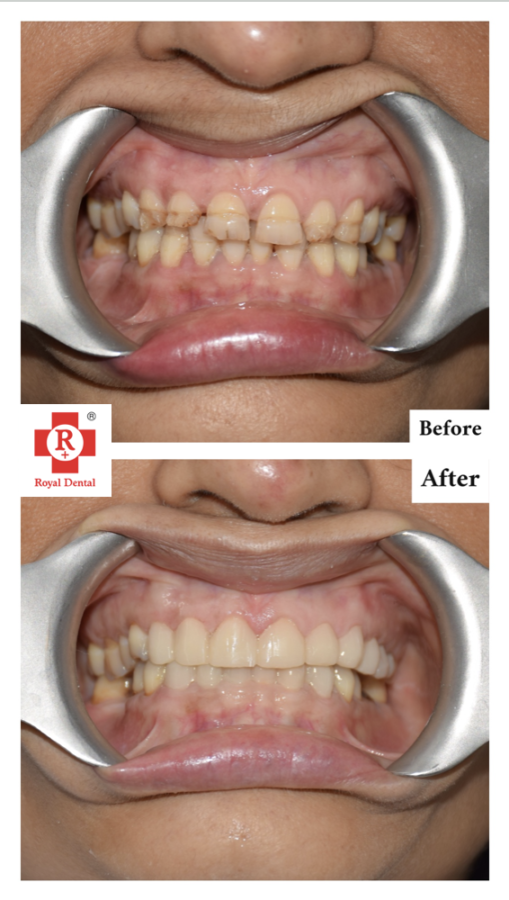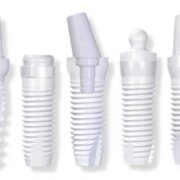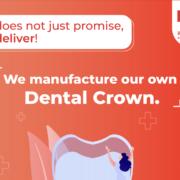According to the American College of Obstetrics and Gynecologists, dental health is an important part of overall health during pregnancy and throughout your lifespan. Should you need a dental procedure completed while you’re pregnant, local anesthesia (lidocaine with and without epinephrine) is also safe while you’re pregnant. However, to ensure your overall safety (and your baby’s). Overall, going to the dentist while pregnant is safe and absolutely essential to improve your overall wellness during pregnancy. Now let’s go over some of the specifics of oral health during pregnancy.
Dental Care During Pregnancy
Pregnancy is an exhilarating time, filled with excitement and preparation for your new baby. Taking care of our teeth while pregnant can often be the very last thing on our minds and most of us have no idea just how important it is! Both for you and the new baby, maintaining optimum oral health during pregnancy is a must! with tooth extractions recommended during your second or third trimester. Fillings should be discussed with your dentist beforehand.

How can Pregnancy effect your mouth?
Although many women make it nine months with no dental discomfort, pregnancy can make some conditions worse – or create new ones. Regular checkups and good oral health habits can help keep you and your baby healthy.
Looking after your teeth

✦ Good dental hygiene is even more important during pregnancy. To avoid plaque build-up, thoroughly clean your teeth and gums twice a day. Brush in the morning after breakfast and last thing at night before going to sleep, and floss once a day.
✲ Some pregnant women find they gag while brushing their teeth. If brushing makes you feel sick, try using a soft small-headed toothbrush designed for children and brush later in the morning when you may not gag as much.
✦ Concentrate on your breathing as you clean your back teeth. Brushing without toothpaste may help. Then smear fluoride toothpaste over your teeth after brushing and don’t rinse it off. Return to brushing with fluoride toothpaste as soon as possible.
For healthy teeth and gums during pregnancy, you should also:

✲ Drink plenty of tap water. The fluoride in tap water strengthens the teeth and helps to prevent decay — and neither fluoride in water nor in toothpaste will harm a developing baby. Talk to your pharmacist or doctor if you have any concerns.
✦ Avoid sugary or alcoholic drinks. There’s also research suggesting that too much sugar, especially from sugary sodas, can have an effect on your pregnancy and your baby’s development, even after birth:
✲ Eat a wide variety of healthy foods. Eat 2 1/2 serves of calcium-rich food, such as milk and milk products, a day. Calcium is very important for your baby’s teeth and bones. A 250mL glass of milk is 1 serve. Find out more about calcium and nutrition and vitamins in pregnancy here.
Pregnancy related Gingivitis
Your mouth can be affected by the hormonal changes you will experience during pregnancy. For example, some women develop a condition known as “pregnancy gingivitis,” an inflammation of the gums that can cause swelling and tenderness. Your gums also may bleed a little when you brush or floss. Left untreated, gingivitis can lead to more serious forms of gum disease. Your dentist may recommend more frequent cleanings to prevent this.
Increased Risk of Tooth Decay
Pregnant women may be more prone to cavities for a number of reasons. If you’re eating more carbohydrates than usual, this can cause decay. Morning sickness can increase the amount of acid your mouth is exposed to, which can eat away at the outer covering of your tooth (enamel).
Brushing twice a day and flossing once can also fall by the wayside during pregnancy for many reasons, including morning sickness, a more sensitive gag reflex, tender gums, and exhaustion. It’s especially important to keep up your routine, as poor habits during pregnancy have been associated with premature delivery, intrauterine growth restriction, gestational diabetes and preeclampsia.
Pregnancy Tumours
In some women, overgrowths of tissue called “pregnancy tumors” appear on the gums, most often during the second trimester. It is not cancer but rather just swelling that happens most often between teeth. They may be related to excess plaque. Tumours bleed easily and have a red, raw-looking raspberry-like appearance. They usually disappear after your baby is born, but if you are concerned, talk to your dentist about removing them.
Dental X-Rays During Pregnancy
Yes, it’s safe to get an X-ray during pregnancy. Although radiation from dental X-rays is extremely low, your dentist or hygienist will cover you with a leaded apron that minimizes exposure to the abdomen. Your dental office will also cover your throat with a leaded collar to protect your thyroid from radiation.
Don’t Avoid Dental Care During Your Pregnancy
Issues that arise from dental care can also present challenges to your pregnancy. During your pregnancy, you are going to consult with many specialists and physicians about your and your baby’s health. A dentist should be treated as an extension of your healthcare team, and most dental services and procedures can still be performed while you are carrying your child.
Good preventative care and follow-up care are important to keep your mouth healthy. By bringing your dentist into the conversion – early and often – you can help prevent or treat oral care issues that would have popped up otherwise. If you need preventative care or emergency care, don’t hesitate to call Westend Dental. Our team of dentists cares about you and your baby. We stay up to date on dental procedures to make sure you get the best advice and care.
Follow Us For More Updates





